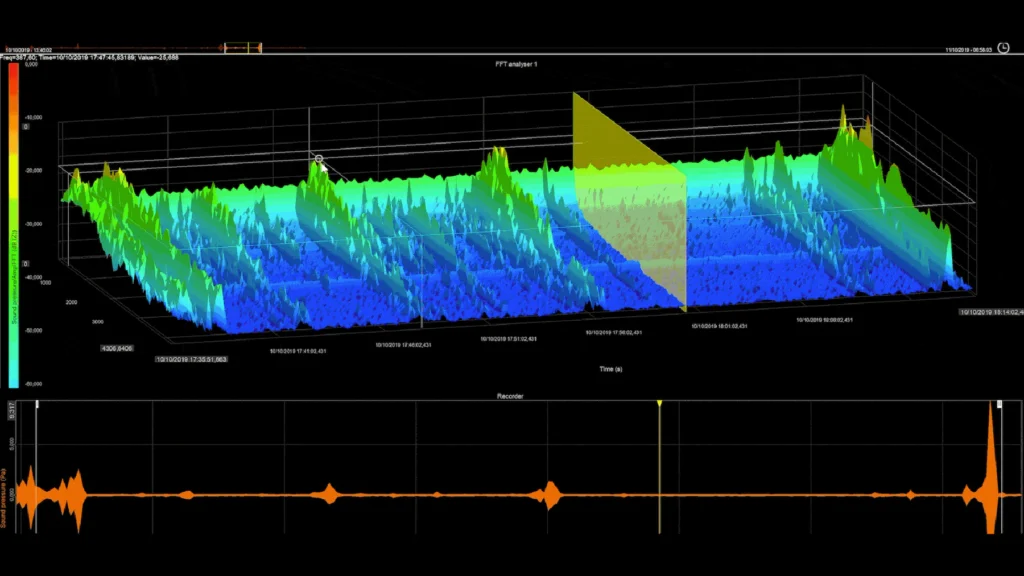What is Signal Processing?
Firstly, it involves converting or transforming data. Into a way that allows us to see things in it that are not possible via direct observation. Secondly, it allows engineers and scientists to analyse, optimise, and correct signals, including scientific data, audio streams, images, and video.
In addition, we know that it applies to many applications. Including acoustics, modal testing of structures, video processing, geophysics, automotive engineering, aerospace engineering, energy, medical imaging, RADAR, SONAR, LIDAR and more. Each of these applications uses signal processing methods that are most relevant to their requirements.
In the realm of many industries and sectors, understanding it is paramount. We are excited to introduce an enlightening article written by Grant Maloy Smith, our colleague at Dewesoft.
Dive into “What is Signal Processing” to expand your knowledge and enhance your proficiency in this vital field.
Why Read This Article?
In this article you will learn about:
Fundamental Concepts: Grant Smith simplifies the intricacies of signal processing, providing a solid foundation for scientists and engineers seeking clarity.
Real-World Relevance: Gain insights into how it is relevant to many applications.
Practical Techniques: Discover practical techniques, methodologies, and learn how it is performed.
Learn how it is applied DAQ (Data Acquisition) Applications: Grant’s extensive experience in implementing DAQ Systems for signal processing applications in Industry offers valuable perspectives.
Therefore, don’t miss out on this valuable resource! Read this article on signal processing to elevate your understanding and stay at the forefront of advancements.
Finally, Metromatics proudly sell, service and support the Dewesoft product range in Australia and New Zealand.
#ProcessControl #Engineering #ScientificResearch #DataAcquisitionSystems
